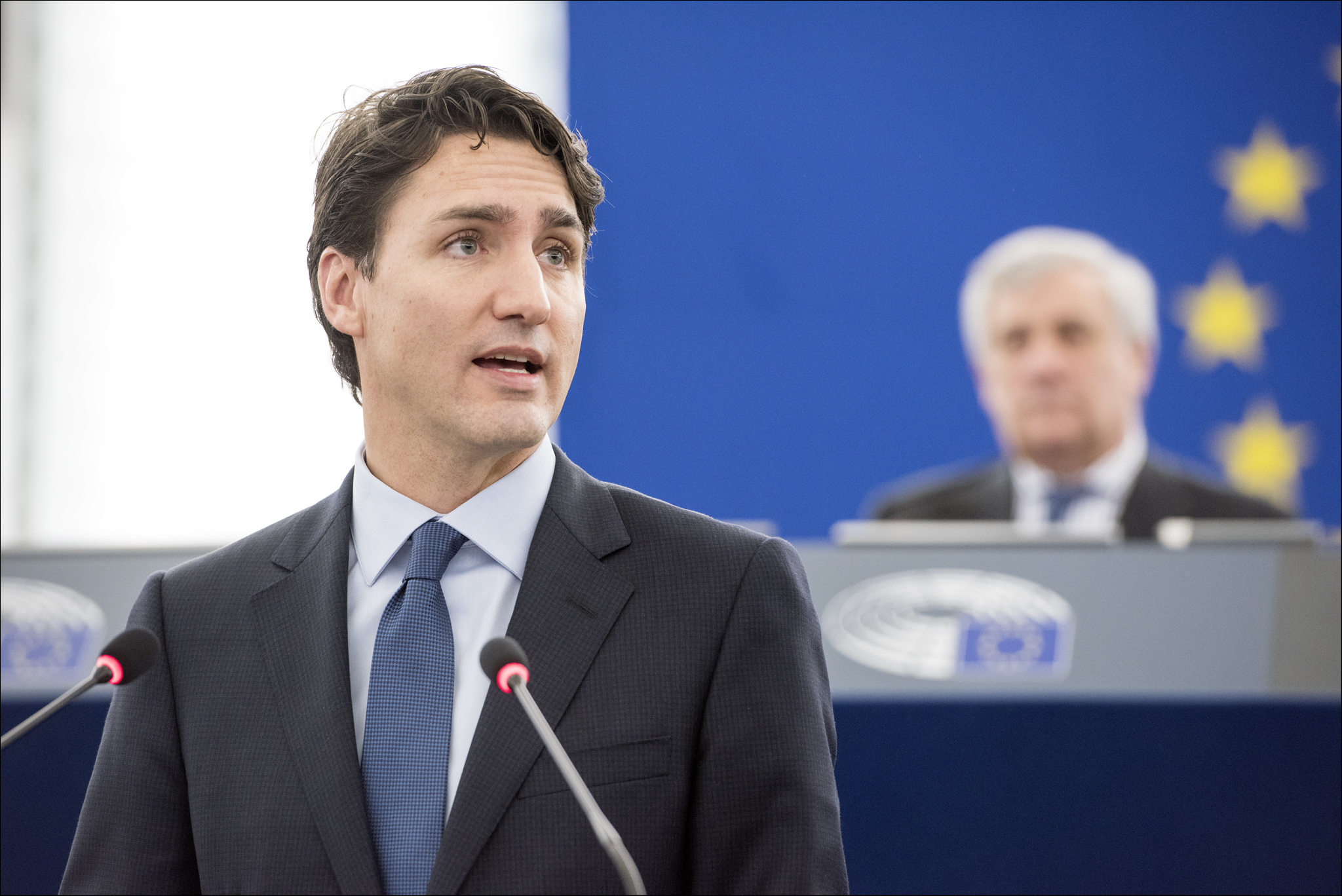While our Prime Minister is experiencing an all time love high with the recent Rolling Stone article, he still has serious pipeline problems that could not only wreck his image, but can potentially destroy the environment that so many Canadians worship.
This summer has set up 2017 to be another year of resistance, with Keystone XL and Kinder Morgan trans-mountain pipeline projects as the key battlegrounds.
Just days after taking office, U.S. president, Donald Trump approved the Keystone pipeline.
This is despite the fact that the Blackfoot confederacy in Canada and the Great Sioux Nation and Ponca Tribe in the United States have signed a 16-page declaration of opposition to the $8 billion project which would transport Canadian crude oil to the State of Nebraska. There, the pipeline would link to an existing Keystone pipeline network that would deliver it to refineries all the way south to the Texas Gulf Coast.
Former U.S. president, Barak Obama, had twice denied its go-ahead — first in 2012 and then again in 2015 — so this leaves Canada as a major pressure point to activists can still leverage.
Trudeau’s reaction to further First Nations communities and their allies resisting the pipeline could spoil his sparkly image.
So many votes, and future votes, depend on Trudeau remaining the cool guy on campus, the one everyone knows to go to to get what they want.
When Trudeau travelled to the U.S. in early May, he was met by Indigenous and environmental demonstrators outside his hotel in Seattle, Washington, some clad in hazardous material suits labelled “Keystone XL Toxic Cleanup Crew.”
Especially heartbreaking here is Trudeau’s popularity — despite there being no Nation-to-Nation agreement between First Nations and the Canadian government — was the promise made to Indigenous communities that the Prime Minister would defend their interests. So along with hope, there is wariness towards his Rockstar-Highness.
The other pipeline concerns the Kinder Morgan Trans-Canada pipeline expansion project. Travelling from Alberta to the British Columbia coast, the expansion would triple the existing capacity for diluted bitumen from 300,000 barrels a day to nearly 890,000 barrels a day.
Over fifteen Indigenous and environmental groups have formed a coalition and are using the court system to stop the project which they fear will harm B.C.’s fragile coastline.
Trudeau has more than once commented that he wants to get “the balance right” between environmental, business, and Indigenous interests. A few First Nations across Canada have signed on to pipeline projects.
The United States may love Trudeau right now, and some undoubtedly love him because of the contrast his leadership style is to their president.
But the warm honeymoon glow of our Prime Minister reign won’t last for ever.
Image: Flickr/European_parliament
Like this article? Please chip in to keep stories like these coming.





